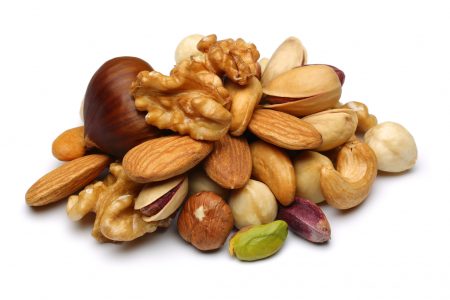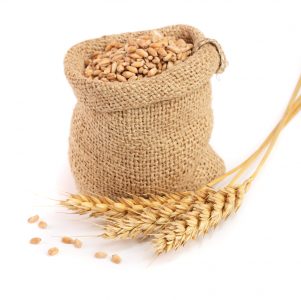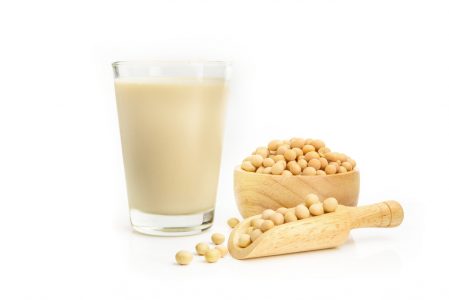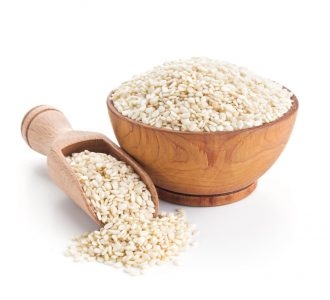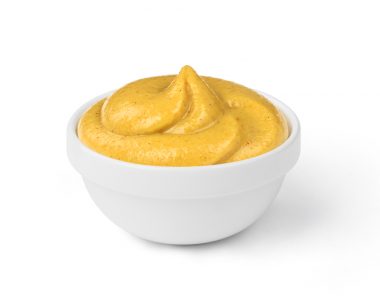Wondering about Food Allergies?
Updated June 11th, 2019
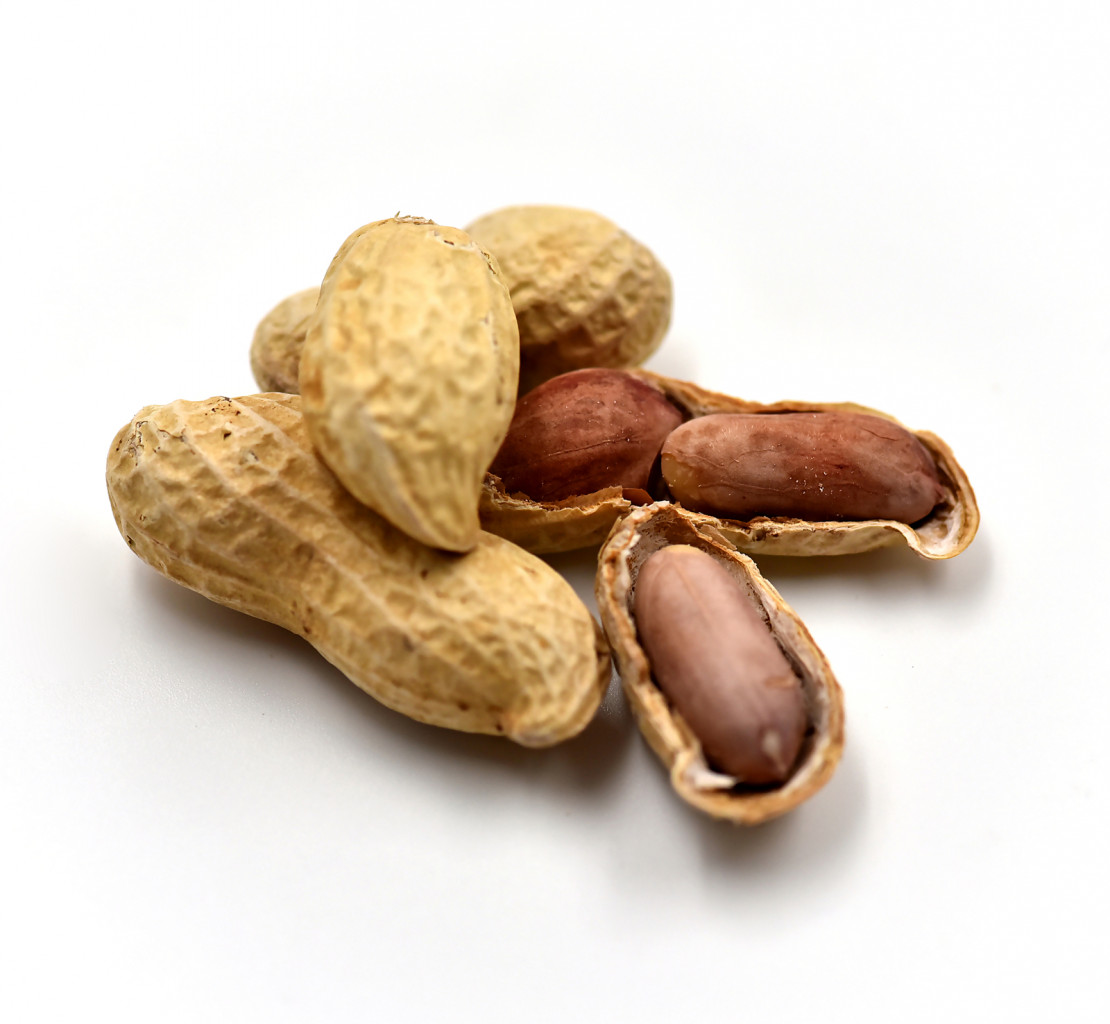
What is a food allergy?
A food allergy is when the body’s immune system mistakes a food as something harmful. This triggers the allergic reaction. Allergic reactions can be mild or severe.
Top 10 foods that cause allergic reactions:
| Peanuts
|
Tree nuts:
|
||
| Wheat
|
Soy
|
||
| Eggs
|
Sesame seeds
|
||
| Mustard
|
Milk
|
||
| Sulphites:
Used as a food additive. It can also occur naturally in some foods. |
Seafood:
|
||
Are there any foods I should avoid while breastfeeding to prevent my child from getting an allergy?
You don’t need to avoid milk, egg, peanut or any foods while breastfeeding. There is no evidence that avoiding certain foods while breastfeeding will prevent an allergy in your child.
Introduce common food allergens to your baby
At 6 months of age (once your baby shows signs of readiness), start to offer iron-rich foods. Then begin to introduce a variety of foods including foods that are more likely to cause a food allergy (known as common food allergens).
Hot parent tip:
- Avoiding or waiting to give your baby common food allergens will not prevent a food allergy.
Food allergies in your family?
A baby that has a parent, brother or sister with a food allergy is at a higher risk of developing a food allergy. Even if your baby is at high risk of developing a food allergy, don’t wait to introduce foods that are common allergens.
How to introduce new foods
- Offer one new food at a time to your baby so you can see if it causes an allergic reaction. Wait 2 days before offering him another new food.
- Introduce common food allergens during the day instead of before baby’s bedtime. This will make it easier for you to see a reaction.
- Once you have introduced the common food allergen, continue to offer it to your baby on a regular basis so that he keeps tolerating it.
How to introduce nuts
- To prevent choking offer diluted (thinned) nut butter (peanut butter, almond butter, etc.).
- To prepare it:
- Mix 2 teaspoons (10 mL) of smooth nut butter with 3 teaspoons (15 mL) or more of warm water, breastmilk or formula until smooth.
- Offer a small amount to your baby.
- If you do not see any signs of an allergy, continue offer her the rest of the nut butter mixture.
Safety tip:
- Babies and young children can choke on whole peanuts, tree nuts and spoonfuls of nut butters. Do not give whole nuts or undiluted nut butter.
Other ways to include peanuts in your baby’s food
- Add smooth or reconstituted powdered peanut butter to infant cereal, mashed fruit or yogurt until smooth.
- Use peanut butter or peanut flour in baked goods such as muffins and loaves or sauces, curries and stir-fries.
- Spread peanut butter thinly on toast and cut the toast into strips.
- A peanut-flavoured corn puff snack called “Bamba” is available at grocery stores.
What are the signs of an allergic reaction?
- Hives or rash
- Red and itchy skin
- Vomiting
- Diarrhea
- Swelling of the eyes, nose, lips or tongue
- Trouble breathing or swallowing
- Fainting, weakness or becoming pale
Safety tips:
- Signs of an allergy can appear as soon as a few minutes after giving the food, often within two hours. However, a reaction might not show up until several hours or days later.
If your baby is having an allergic reaction:
- Stop feeding her the food right away.
- If your baby has trouble breathing or any other severe allergy symptoms, call 911. Your baby needs medical help right away.
- Do not give her that food or anything that contains that food again.
- If your baby’s reaction is not severe, talk to her health care provider. The health care provider may refer your baby to an allergist for testing.
Does my baby need a medical alert bracelet?

Your health care provider or allergist can give you advice on whether or not your child needs a medical alert bracelet.
If you have more questions about allergies, speak to your health care provider.
More Information:
Food Allergies and Babies
Food Allergy Canada
Health Canada: Common Food Allergens
Health Canada: Food Allergies and Intolerances
Free Workshops: Feeding Your Baby Solid Foods
How to Introduce Peanut to Your Baby
Questions?
If you have a nutrition or food question, call Dial-a-Dietitian Manitoba at 204-788-8248 in Winnipeg or 1-877-830-2892. The Dial-a-Dietitian phone number is currently redirected to Health Links-Info Santé. You can leave a message with a nurse and a dietitian will return your call.

